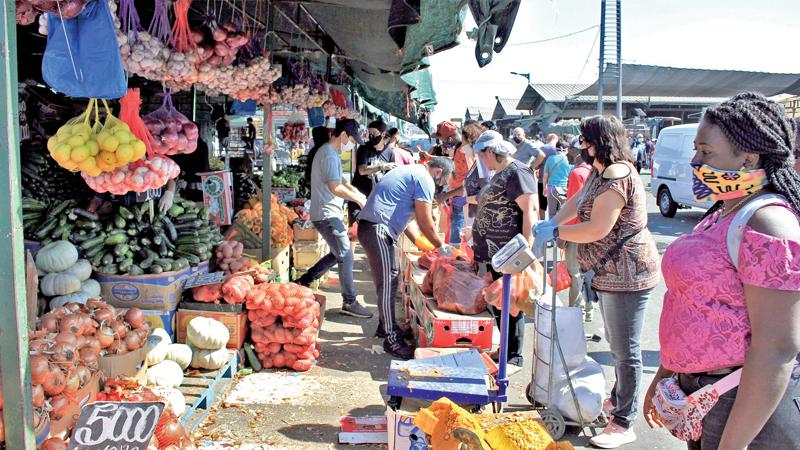
Rome/Labuan Bajo, Indonesia - The challenges undermining global food security call for a complex approach embracing investment, policy reforms and better use of resources, QU Dongyu, Director-General of the Food and Agriculture Organization of the United Nations (FAO) told a key meeting of the G20 today.
“Recent global events, from the COVID-19 pandemic to the climate crisis, multiple conflicts around the world and the war in Ukraine, have all heavily affected agrifood systems in multiple ways,” Qu told the G20 Sherpa meeting of senior government representatives.
Qu cited the recently launched 2022 edition of the State of Food Security and Nutrition in the World (SOFI) Report, which confirms that world hunger has increased again in 2021, reflecting growing inequalities across and within countries. It says 828 million people suffered from hunger in 2021, an increase of 46 mil lion from 2020, and 150 million from 2019 before the pandemic.
The war in Ukraine has added to an already challenging situation and could lead to an increase of 13 mil lion more chronically undernour ished people this year, and 17 million more in 2023, according to FAO esti mates.
Another global challenge is ris ing inflation, with world food prices increasing since mid-2020 due to many factors. The FAO Food Price Index at 160 points, reached an all time high in March 2022.
Last month, the index, which tracks monthly changes in the inter national prices of a basket of com monly-traded food commodities, averaged 154.2 points, down 2.3 per cent from May, but it remained 23.1 percent higher than in June 2021, Qu noted.
FAO calculates that the increase in the food import bill for the 62 most vulnerable countries amounts to 24.6 billion US Dollars in 2022, and it affects 1.79 billion people.
In response to this growing chal lenge, FAO has developed a proposal for a global Food Import Financing Facility, which aims to assist coun tries in financing their food purchas es to minimize any risk of social unrest. “This proposal should be implemented by the IMF (Interna tional Monetary Fund) under their balance of payments financial mech anism,” the FAO Director-General urged.
Among the other challenges, average fertilizer prices have also increased significantly, almost tri pling since mid-2021, together with rising energy prices. Changes in trade routes and current constraints will further increase the global fertil izer price. If countries produc ing major food staples, such as rice, are not able to get enough fertilizers in the upcoming planting season, this could affect the global supply of food.
Trade reduction and interruption of the supply chain are of major con cern, the Director-General said. At the end of May, 22 countries had implemented export restrictions through 39 measures ranging from bans to export taxes affecting almost 16 percent of agricultural exports, on a kilocalorie basis.
To address these challenges, Qu said the international community needed to implement a package of measures: -Invest in countries most in need that are most affected by the increase in food prices. In addition to providing timely food aid, we must also focus on boosting productivity by paying more attention to produc ing nutritious food locally.
Currently only 8 percent of all food security funding in emergen cies goes to assist agricultural pro duction. Investing in agriculture and rural livelihoods is strategic, and 7 to 10 times more cost-effective than tra ditional assistance. - FAO
